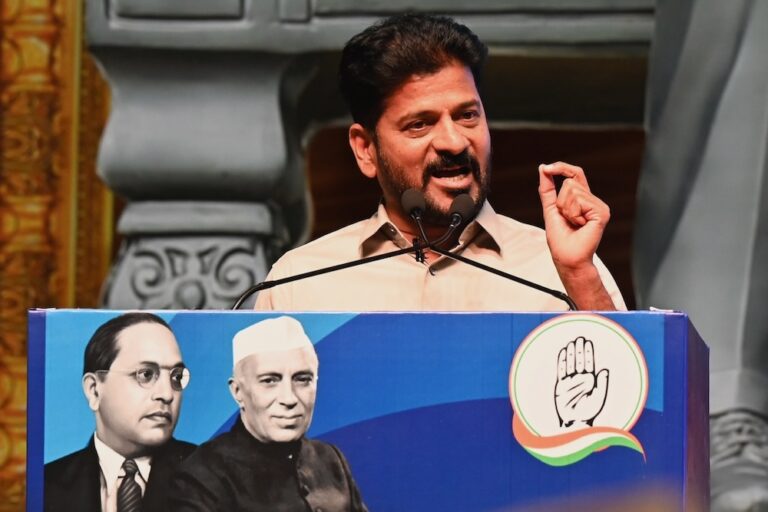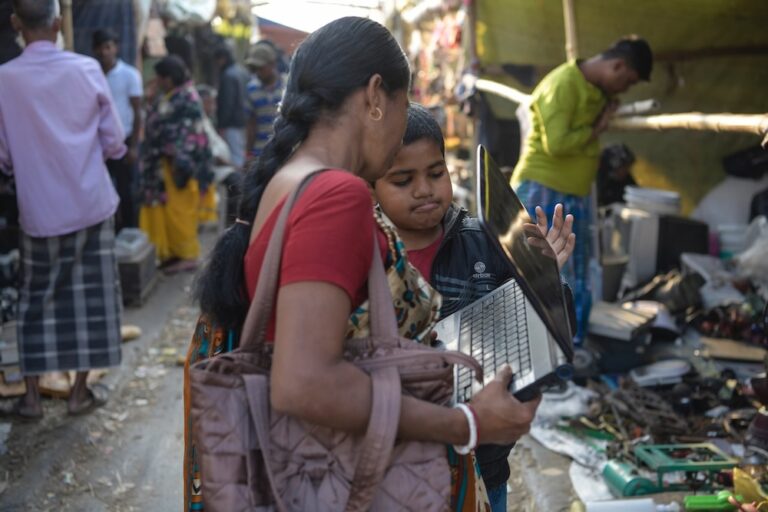(RSF/IFEX) – In a letter addressed to Home Affairs Minister Lal Krishna Advani, RSF protested the attack on three employees and the editor of weekly “Chattan”, published in Srinagar (Jammu and Kashmir, north-western India), by members of the security forces. “This type of violence is unworthy of Indian government representatives,” said RSF Secretary-General Robert Ménard. […]
(RSF/IFEX) – In a letter addressed to Home Affairs Minister Lal Krishna Advani, RSF protested the attack on three employees and the editor of weekly “Chattan”, published in Srinagar (Jammu and Kashmir, north-western India), by members of the security forces. “This type of violence is unworthy of Indian government representatives,” said RSF Secretary-General Robert Ménard. “It calls for an investigation and punishment of the perpetrators,” added Ménard. The organisation also expressed concern over the Indian government’s amnesty project for members of the security forces convicted of human rights violations in Jammu and Kashmir. After noting that dozens of journalists are beaten or threatened each year by soldiers of the Indian paramilitary forces, RSF asked the minister to “reinforce the fight against impunity and not grant amnesty.”
According to the information collected by RSF, on 11 August 2001, Border Security Force (BSF) members brutally attacked four employees, including the editor, of the Urdu weekly “Chattan” published in Srinagar. A few minutes after a grenade was thrown at a BSF position in central Srinagar, soldiers entered the “Chattan” office looking for the perpetrators of the attack. BSF men beat three newspaper employees with their rifle butts and arrested one of them, accusing him of having thrown the grenade. He was released more than 24 hours after his arrest, but the two others remained in hospital due to their injuries. Tahir Mohiudin, editor of the weekly “Chattan” that is very critical of the Indian presence in Kashmir, was also beaten and insulted by soldiers. BSF officials apologised to the “Chattan” editor but no sanctions were imposed on the soldiers. “Raids on newspaper offices are quite frequent, especially during crackdowns, but this is the first time we have suffered such a violent attack,” Mohiudin told RSF.
This incident happened as the New Delhi government is planning to grant amnesty to members of the Indian security forces involved in human rights violations in Kashmir.
Local, Indian and foreign journalists are often caught in the crossfire between separatist groups and Indian forces. Ten journalists have been killed in Kashmir since the beginning of the insurrection in 1989. In January, an Agence France-Presse correspondent was beaten and threatened by a police officer (see IFEX alert of 2 February 2001). In May, some fifteen media professionals were attacked by BSF members (see IFEX alerts of 18 and 11 May 2001). None of those responsible for these attacks have been punished.


